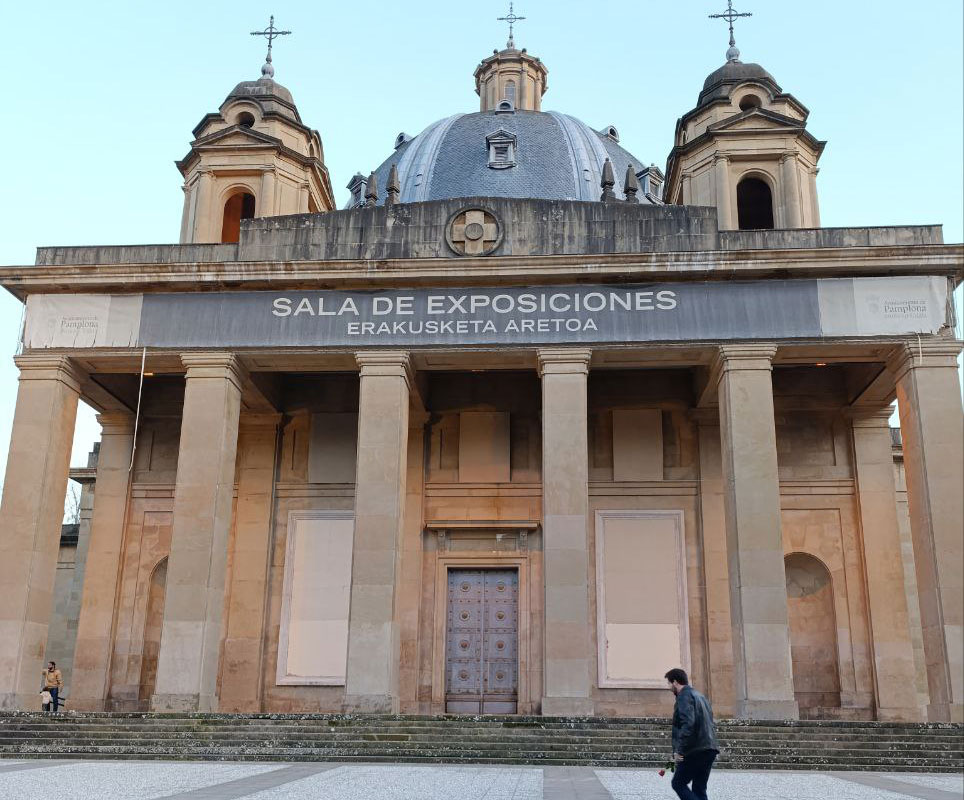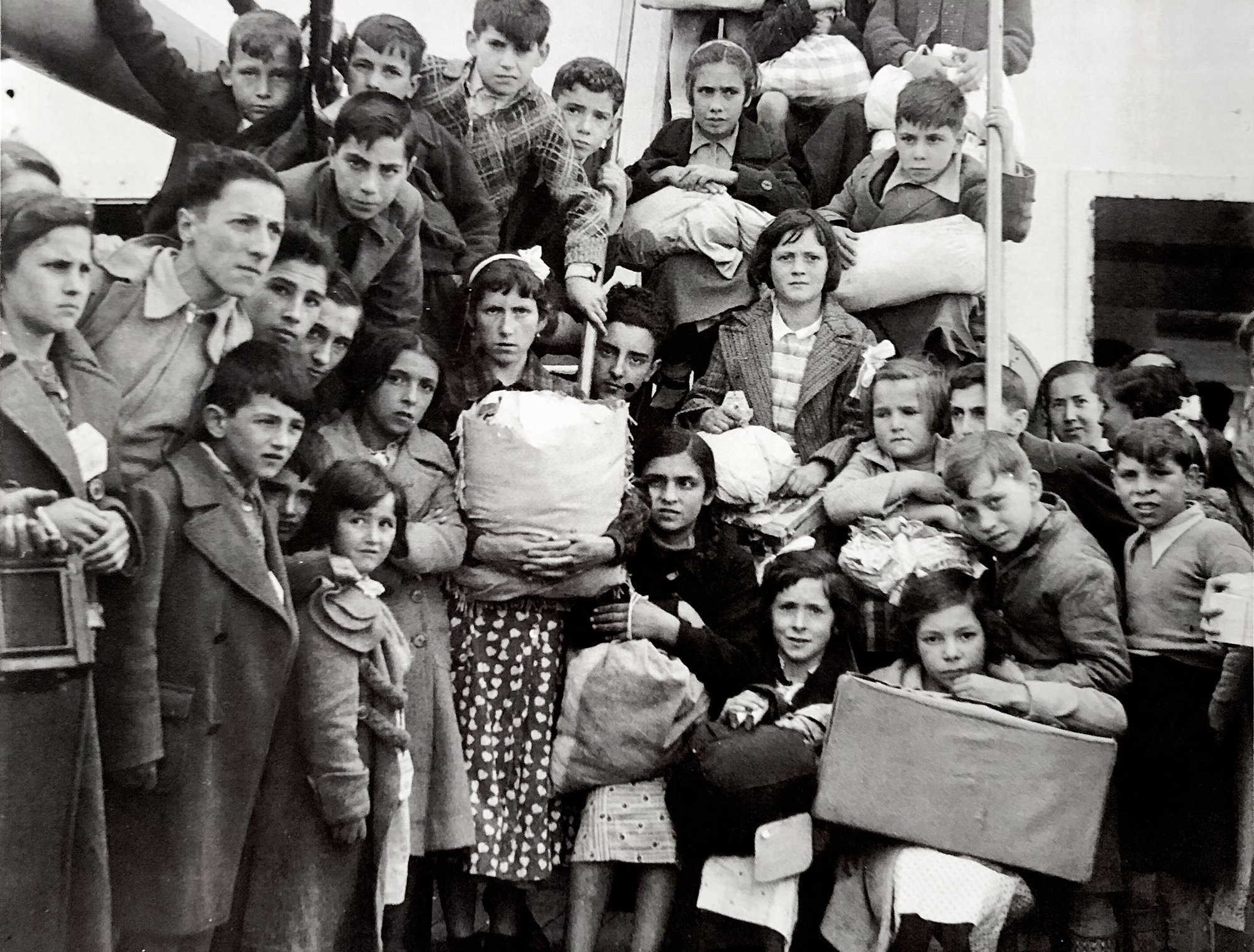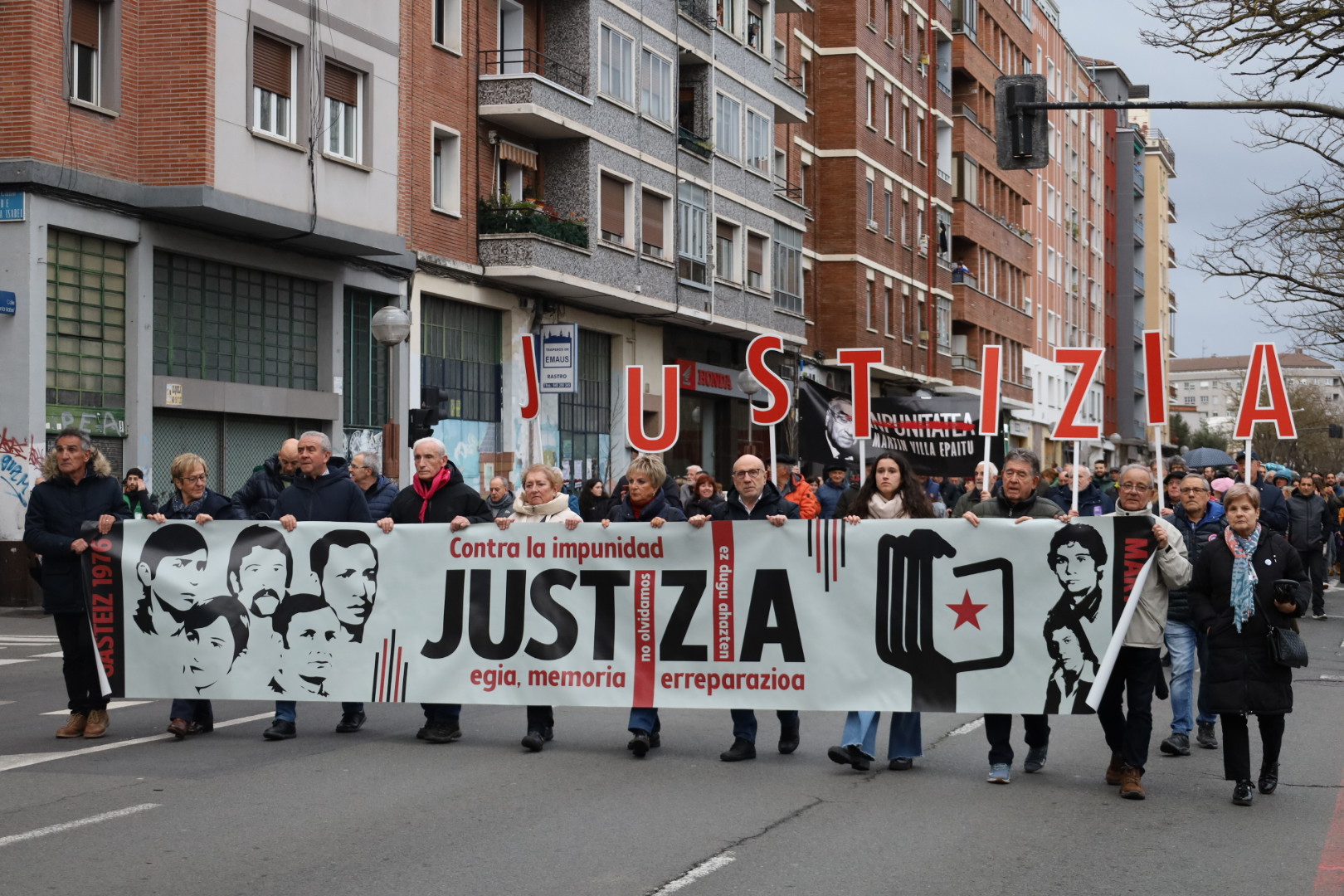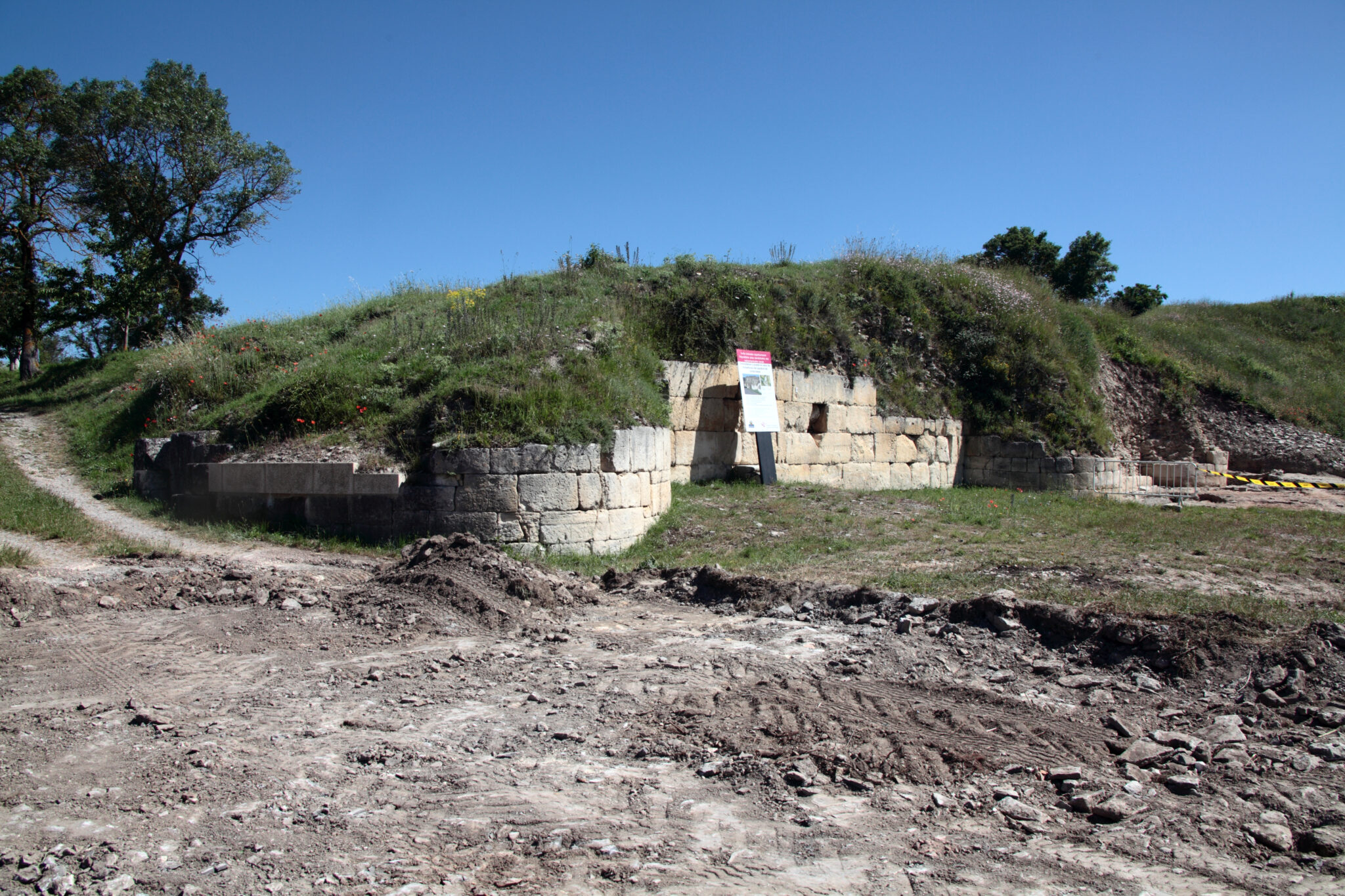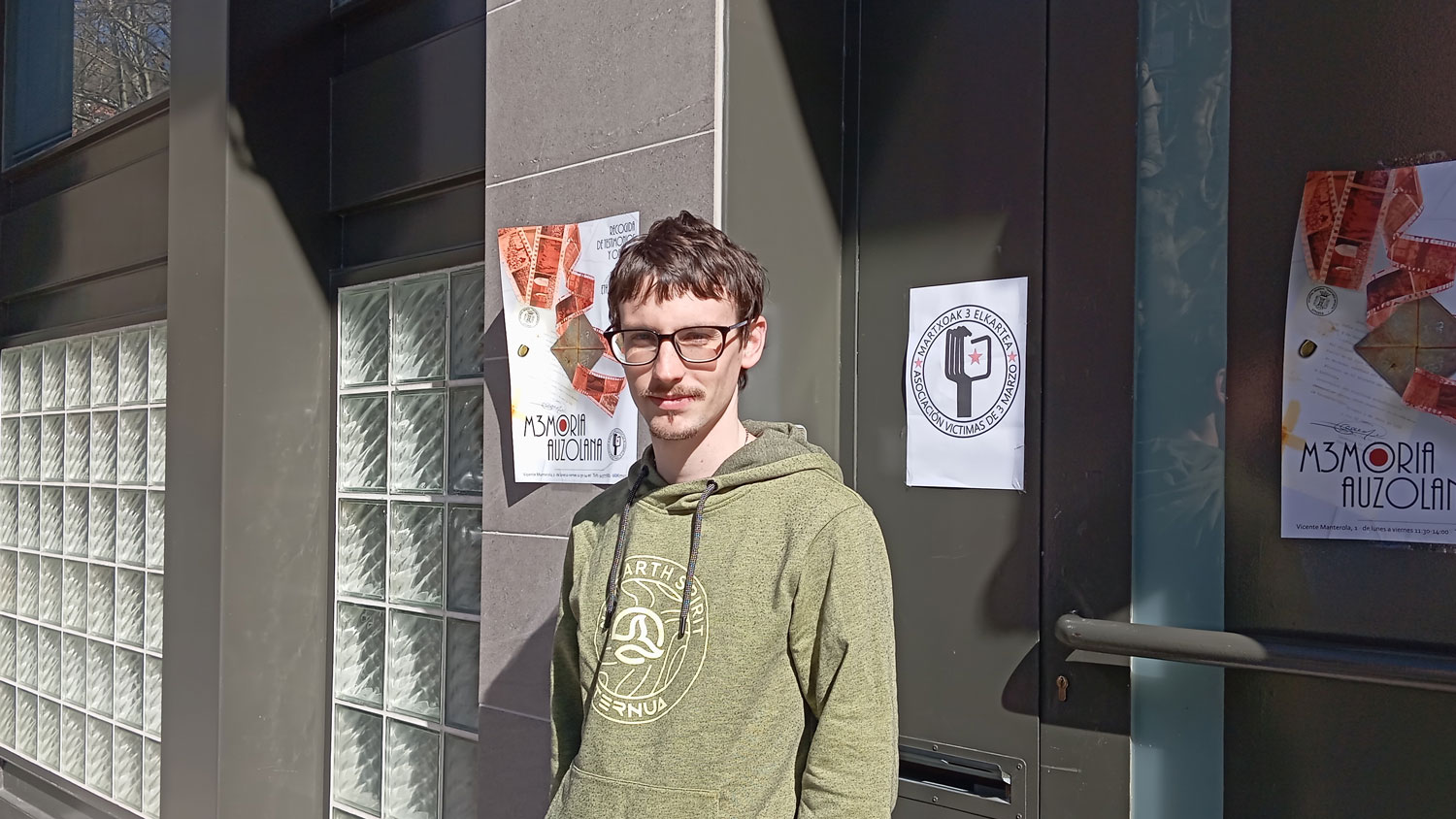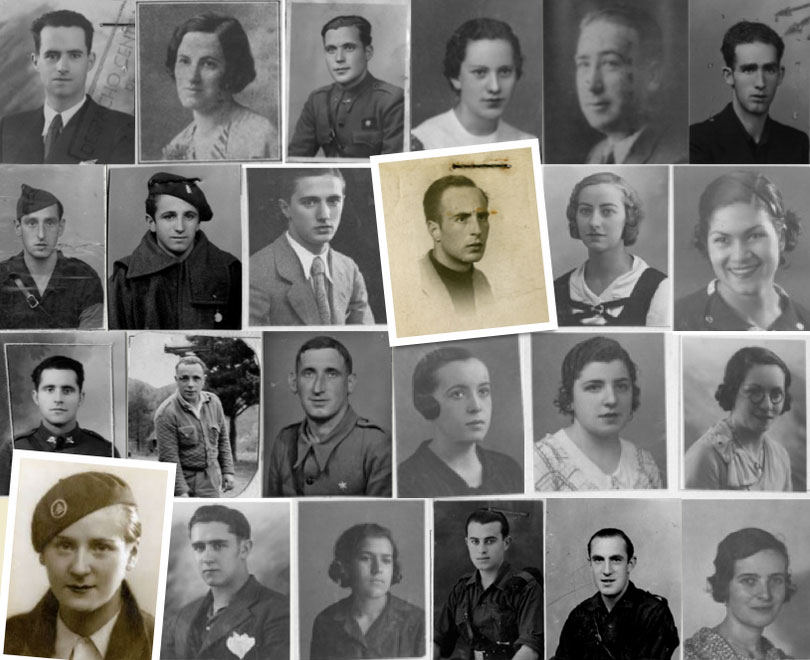Click back or forward?

When analyzing the history of social movements and protest, the most abundant studies are those of the Contemporary Age. Sources are more abundant, conflicts are more abundant, and researchers also share the view of the world of research. That is, as we pass through the sieve of progress and progress we understand their demands and programs, they make us rational, because we are the children of the Enlightenment.
But in the conflicts of the pre-industrial era it is difficult to find and share those views, because it is not clear whether the rebel protest and resistance movements of that time had the capacity to develop conscious programs. Were they able to imagine alternative regimes in the future, that is, to project utopias? That is not clear.
From the more classical point of view, most modern and medieval revolts had a retrograde or conservative character. In other words, in general, they had no clear will to abolish feudalism or to end the monarchy. According to its global conception, feudalism was a just social order in which each class played a role. Insurrections occurred when noble lords or the patricians of cities were abusing and violating that social order. The purpose of these riots was to return to the previous situation, which they considered it fair to restore that social order. The fault was not of the monarchy or the feudal system, but of the noble lord or magnate more concrete. Moreover, they often called on the King to seek help to restore the previous situation. For example, in both the French Grand Jacquerie (1358) and the English Wat Tyle uprising (1381) the Vulgo did not consider the King responsible for the situation, but his advisers and nobles; and in the 17th century anti-fascist rebellions, “King Biba! “Long live the King!” They shouted choruses like “Down the bad government!”, for example, in croquants uprisings in Naples (1647) or in southeastern France. The king or the system did not question him, they only criticized the taxes (the barbeque) or the collectors who seemed to them to be abusive.
However, some authors consider that there are exceptions, since it is believed that in some pre-industrial uprisings or revolts there may be evidence of transformative programs or anti-systemic claims. As an example of this, the movements of Diggers and Levellers who participated in both the War of the Communities of Castile (1520-1522) and the English Revolution (1642-1651), who wanted to bring to earth the Kingdom of God, paradise.
The debate is on the table. Eric Hobsbawm, for example, suggested that the ‘unconscious’ character of some resistance movements was extended to the Contemporary Age, especially in backward agricultural societies. But Ramachandra Guha criticized the same when she looked at the peasant uprisings in India. It should also be taken into account that in the pre-industrial era the majority of the minor population had not been literate and in the absence of writing left little mark on the sources. As a result, as they are voiceless, their defenses have only come indirectly.
All this can serve to reflect on current social movements: Are we still stuck in the attempt to recover that idealized state of well-being or are we able to imagine a society without capitalism?
Hiru bideo dira (albiste barruan ikusgai). Batak jasotzen du, grebak antolatzea leporatuta, Carabanchelen espetxeratu zituzten Jesús Fernandez Naves, Imanol Olabarria eta Juanjo San Sebastián langileak espetxetik atera ziren unea, 1976ko abuztuan. Beste biak Martxoak... [+]
Otsailean bost urte bete dira Iruña-Veleiako epaiketatik, baina oraindik hainbat pasarte ezezagunak dira.
11 urteko gurutze-bidea. Arabako Foru Aldundiak (AFA) kereila jarri zuenetik epaiketa burutzera 11 urte luze pasa ziren. Luzatzen den justizia ez dela justizia, dio... [+]
Bilbo Hari Gorria dinamikarekin ekarriko ditu gurera azken 150 urteetako Bilboko efemerideak Etxebarrieta Memoria Elkarteak. Iker Egiraun kideak xehetasunak eskaini dizkigu.
33/2013 Foru Legeari Xedapen gehigarri bat gehitu zaio datozen aldaketak gauzatu ahal izateko, eta horren bidez ahalbidetzen da “erregimen frankistaren garaipenaren gorespenezkoak gertatzen diren zati sinbolikoak erretiratzea eta kupularen barnealdeko margolanak... [+]
79. urtean, Vesubio sumendiaren erupzioak errautsez eta arrokaz estali zituen Ponpeia eta Herkulano hiriak eta hango biztanleak. Aurkikuntza arkeologiko ugari egin dira hondakinetan; tartean, 2018an, gorpuzki batzuk aztertu zituzten berriro, eta ikusi zuten gizon baten garuna... [+]
Luxorren, Erregeen Haranetik gertu, hilobi garrantzitsu baten sarrera eta pasabide nagusia aurkitu zituzten 2022an. Orain, alabastrozko objektu batean Tutmosis II.aren kartutxoa topatu dute (irudian). Horrek esan nahi du hilobi hori XVIII. dinastiako faraoiarena... [+]
AEB, 1900eko azaroaren 6a. William McKinley (1843-1901) bigarrenez aukeratu zuten AEBetako presidente. Berriki, Donald Trump ere bigarrenez presidente aukeratu ondoren, McKinleyrekiko miresmen garbia agertu du.
Horregatik, AEBetako mendirik altuenari ofizialki berriro... [+]
Andeetako Altiplanoan, qocha deituriko aintzirak sortzen hasi dira inken antzinako teknikak erabilita, aldaketa klimatikoari eta sikateei aurre egiteko. Ura “erein eta uztatzea” esaten diote: ura lurrean infiltratzen da eta horrek bizia ekartzen dio inguruari. Peruko... [+]
1936ko Gerran milaka haurrek Euskal Herria utzi behar izan zuten faxisten bonbetatik ihes egiteko. Frantzia, Katalunia, Belgika, Erresuma Batua, Sobietar Batasuna eta Amerikako herrialdeetara joandako horien historia jasotzeko zeregin erraldoiari ekin dio Intxorta 1937... [+]
49 urte eta gero Espainiako Poliziak Gasteizko Maria Sortzez Garbiaren katedralean eraildako bost langileak oroitu dituzte beste behin astelehen arratsaldean. Milaka pertsona batu dira Zaramagatik abiatutako eta katedralean amaitutako manifestazioan. Manifestari guztiek ez dute... [+]
Martxoaren 30erako Iruña-Veleia martxan, SOS Iruña-Veleia eta Euskeraren jatorria elkarteek manifestaziora deitu dute, Aski da! Argitu, ez suntsitu lelopean. Azken bi urteetan "hondeatzaileak sistematikoki eremu arkeologiko oso aberatsak suntsitzeko modu... [+]
1976ko martxoaren 3an, Gasteizen, Poliziak ehunka tiro egin zituen asanbladan bildutako jendetzaren aurka, zabalduz eta erradikalizatuz zihoan greba mugimendua odoletan ito nahian. Bost langile hil zituzten, baina “egun hartan hildakoak gehiago ez izatea ia miraria... [+]
Martxoak 3ko sarraskiaren 49. urteurrena beteko da astelehenean. Grebetan eta asanblada irekietan oinarritutako hilabetetako borroka gero eta eraginkorragoa zenez, odoletan itotzea erabaki zuten garaiko botereek, Trantsizioaren hastapenetan. Martxoak 3 elkartea orduan... [+]
Memoria eta Bizikidetzako, Kanpo Ekintzako eta Euskarako Departamentuko Memoriaren Nafarroako Institutuak "Maistrak eta maisu errepresaliatuak Nafarroan (1936-1976)" hezkuntza-webgunea aurkeztu du.










